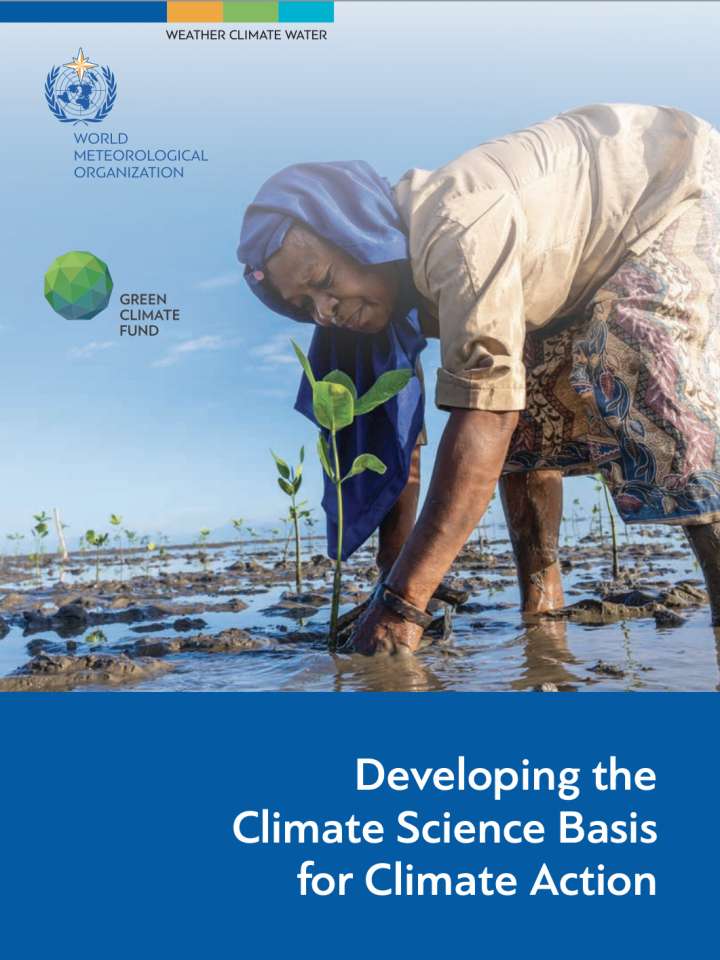Developing the climate science basis for climate action
The purpose of this publication and associated resources is to provide the international community on adaptation practices with access to new climate information, tools, and guidance to develop the scientific basis for climate action decisions, particularly for climate adaptation and resilience projects. Providing these products can help countries identify and select the most effective climate actions to overcome the various challenges of climate change. In doing so, the guidance can contribute to country-level decision-making and the mobilization of climate finance. The value of climate science for decision-making depends on the use of the best available data for characterizing the climate system and dealing with uncertainties. Reliable, high resolution and timely climate information is, therefore, a crucial input for decisions intended to promote adaptation to climate change and minimize impacts associated with climate-related hazards.
The paper concludes that the selection of climate actions based on high-quality observational data and scientifically validated climate change projections supports context-relevant actions that build resilience against extreme weather events and climate change.This guide explained how to select climate actions in this way, using a climate science-based methodology. It offered a coherent process to identify associations between the past, present, and projected future states of climate and their impact on a given area of focus.The benefits resulting from implementing this science-based methodology for selecting climate action contribute to achieving the goals of the Paris Agreement of reducing vulnerability and increasing the adaptative capacity of the most climate-sensitive countries, regions, and populations.
Explore further
